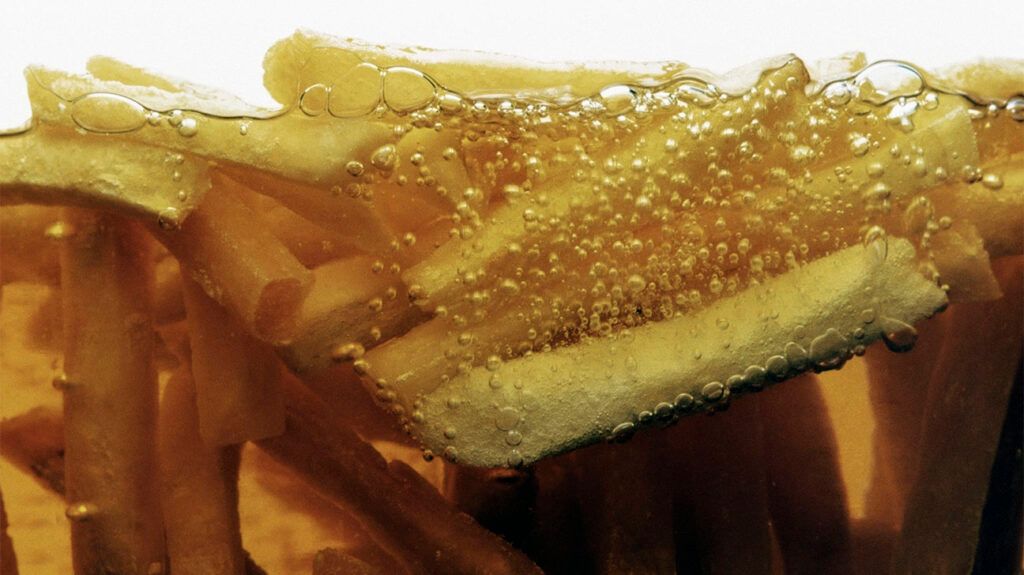Sticky poop often results from eating high-fat foods like fried products and full-fat dairy, but can also occur due to underlying health conditions such as an intestinal bleed or Crohn’s.
It is important to discuss any changes in the color, frequency, shape, and texture of bowel movements with a healthcare professional. While dietary factors can explain some unusual stools, other types of stool may be a sign of a serious health condition.
Here we talk about sticky poop, its possible causes, treatment, and when to see a doctor.

Variations in a person’s diet may be one reason for alterations in stool consistency. An increase in fat intake can cause the excess to pass to the stool, making it more viscous.
Improper digestion due to celiac disease, a condition involving the pancreas, or an infection can also cause fatty, thick, sticky, abnormal-looking stools. This type of poop may be hard to flush.
What foods cause it?
For people who have a problem digesting fats, eating high fat foods may cause greasy, sticky stools. Some examples of high fat foods include
- fatty cuts of meat
- whole milk dairy products
- oils
- butter
- fried products
Blood in the stool
A person’s stool may be sticky and appear darker in color due to the presence of blood. Dark, bloody stools, or loose bloody stools can indicate a serious underlying health condition such as colorectal cancer and intestinal bleeds.
When eating high fat foods, it is normal for some of this excess fat to pass into the stool. However, long-term changes in stool formation or bowel habits may indicate a further issue in the gastrointestinal system.
Furthermore, sticky poop that visibly contains blood can indicate a serious health condition and requires an assessment from a healthcare professional.
Changes to bowel habits are often temporary and resolve independently or with diet changes. However, if changes persist or worsen, they can indicate a more serious underlying health condition, such as:
People should seek help if diarrhea or loose stools persist for more than 1 week and if constipation does not resolve with treatment.
It is also essential to seek medical assistance if bowel habit changes occur alongside:
Blood in the stool
Limiting the intake of high fat foods and eating a healthy diet is typically the best way to support proper digestive function.
A healthy diet that includes adequate fiber from fruits, vegetables, beans, lentils, nuts, seeds, and whole grains can all promote gut health. Limiting processed foods, having a regular schedule, exercising, and getting adequate sleep can also help promote healthy bowel movements.
Complications will vary based on the nature of the medical condition.
When greasy stools are due to fat malabsorption, two primary concerns include weight loss and difficulty absorbing fat-soluble vitamins. For people who have conditions that impact their pancreas, pancreatic enzyme replacement therapy (PERT) can help with nutrient digestion.
When tarry stools are related to a gastrointestinal bleed, serious complications could include anemia and shock. The treatment for gastrointestinal bleeding depends on where the bleeding is in the digestive tract, as well as the reason for the bleeding.
In these cases, people should seek medical care right away.
An increase in dietary fat can alter the consistency of a person’s stool – and can make it stickier than usual. In most cases, this change will be temporary and resolved as dietary fat decreases.
However, in some cases, stool viscosity may occur due to the presence of blood. Blood in the stool can indicate a serious underlying health condition that requires immediate assessment by a healthcare professional.
